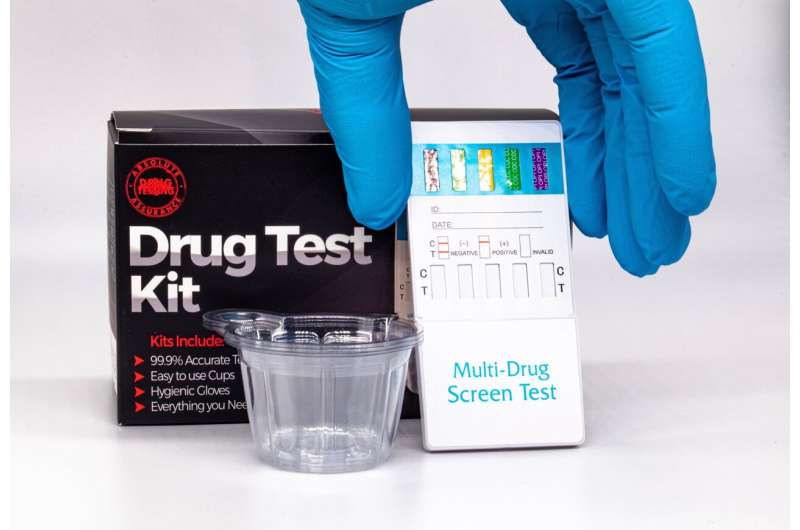Is drug testing in the workplace effective or necessary?

Alcohol and other drug use is a major problem in Australian workplaces costing more than a year. Of this, $3.6 billion is due to absenteeism.
While testing is to ensure the health and safety of workers, companies must have explicit policies telling employees their objectives and the consequences of being drug affected at work.
Many workplaces, particularly in safety sensitive industries like building and construction, manufacturing, mining, transport and aviation, test regularly for alcohol and other drugs. Workers can be fired for to take part.
Both the into bullying, harassment and sexual misconduct at the parliament of NSW in 2022 and the into Commonwealth parliamentary workplaces in 2021 identified alcohol as a significant psychosocial risk in the workplace.
How should testing be conducted?
While workplace health and safety laws are largely uniform across the country, there are no specific provisions regarding how and in what way alcohol and other drug testing should be conducted.
Most workplaces that test do it either at random intervals and with no notice as workers enter high risk worksites if there is a suspicion of use, or if a safety incident occurs.
Testing usually involves breath tests for alcohol, similar to police roadside testing of drivers, or urine or saliva tests for other drugs. require positive tests to undergo further testing in a laboratory to confirm the result.
Alcohol testing is an effective way to detect someone who is unfit for work because they are intoxicated. The test involves measuring alcohol in the blood stream and correlating this with impairment.
Even workplace testing is not foolproof
The problem with testing for illicit and pharmaceutical drugs is that these tests don't necessarily indicate intoxication.
Both urine and saliva tests have , so drugs can be detected hours, days or even months after the effects have worn off.
THC (Delta-9 tetrahydrocannabinol), the psychoactive component of cannabis, can be detected up to 30 hours after consumption in a saliva test and nearly a month after consumption in a urine test.
The Victorian parliament is currently holding an into the laws governing workplace drug testing, with a particular focus on whether current laws discriminate against medicinal cannabis users.
Under its , the inquiry is considering whether testing may be improved to ensure due process and natural justice occurs in workplaces with these users.
Is there evidence to support workplace drug testing?
Drug testing is considered quite invasive so it needs strong evidence to justify its use. But there is very of available.
The evidence we do have is . There is some indication testing can but other research has found
The highest quality evidence shows testing doesn't reduce overall alcohol or other drug use. One study found of only two showed tests cut alcohol or other drug use rates.
What makes good alcohol and other drug policy?
So testing may be helpful for workplace safety in industries where there is a high risk of injury, but it's not enough on its own to improve the health of the majority of the workforce.
For that to occur, testing needs to be part of a comprehensive workplace strategy. Fatigue, stress, and mental health problems can all impact on health and safety in similar ways to alcohol and other drugs.
So there needs to be a broader consideration of "fitness for work" than just alcohol and other drug intoxication.
Also, much of the negative impact of alcohol and other drugs in the workplace is not in safety but in productivity and absenteeism rates.
A good alcohol and other drug policy reduces the damaging effect of usage, fatigue, stress and mental health issues by creating a healthy workplace culture where:
- well-being is valued and supported
- workers receive early education and support
- managers and team leaders are trained to identify workers at risk
- clear referral options such as an identified employee assistance program (EAP) provider are available
- there are return to work options for workers who have been impaired
- there are clear expectations about what is and what is not acceptable to ensure fitness for work.
Workplaces with effective drug and alcohol policies have happier, healthier and more productive staff and reduced absenteeism.
Provided by The Conversation
This article is republished from under a Creative Commons license. Read the .![]()














